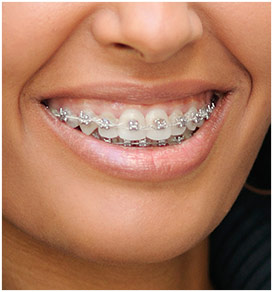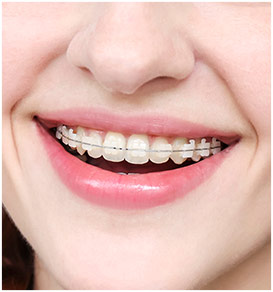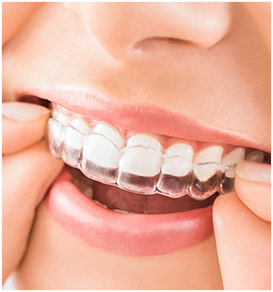 If you have braces, you must remember that crunchy, chewy, sticky, gooey foods can damage your braces.
If you have braces, you must remember that crunchy, chewy, sticky, gooey foods can damage your braces.
Here are some rules to help you eat right with braces:
- Nothing hard
- Nothing sticky
- Do not eat big mouthfuls
- Do not tear things with your teeth
- Limit yourself to one soda per week (regular or diet) – the carbonation can give you problems
Foods You Can’t Eat with Braces
You want to avoid foods that are going to stick to the wiring or detach a bracket from its tooth. Here is a short list of specific foods to avoid when wearing braces:
- Gum
- Hard candy
- Sticky candy
- Popcorn
- Nuts
- Ice
- Thick tortilla chips
- Whole apples or carrots (cut them into smaller pieces before eating)
- Hard French bread crust and rolls
- Corn on the cob (cut the corn off the cob before eating)
- Thick bagels
- Thick pizza crust
- Large hard pretzels
- Chewable vitamins (hard or soft)
Foods You Can Eat with Braces
You should stick to food options that are low in sugar to help prevent areas of decay from forming around your braces. Here is a list of foods that you can enjoy while wearing braces.
- Dairy – soft cheese, pudding, milk-based drinks
- Breads – soft tortillas, pancakes, muffins without nuts
- Grains – pasta, soft-cooked rice
- Meats & poultry – soft cooked chicken, meatballs, lunch meats
- Seafood – tuna, salmon, crab cakes
- Vegetables – mashed potatoes, steamed spinach, beans
- Fruits – applesauce, bananas, fruit juice
- Chocolate (without nuts)
- Marshmallow
- Cake
- Ice cream or popsicles
- Jell-O
- Low sugar, non-carbonated drinks
- Cookies and crackers (stay away from the crunchy ones)
- Chips
- Cheetos
- Soft breads or toast
- Sandwiches
- Pizza
- Burritos
- Hamburgers
- Hot dogs
- Meat – bite size without the bone (avoid chewy meats)
- Salads
- Raw vegetables
- Cooked vegetables
- Potatoes
- Fruit
- Fruit smoothies
- Yogurt
- Rice
- Sushi
- Cold cereal (not hard granola)
- Hot cereals
- Soup
- Macaroni and cheese
- Pasta dishes
- Cheese
To learn more about braces, contact us for more information or to schedule a consultation. Wright Orthodontics has two convenient locations to serve you in Atlanta and Marietta, Georgia. As always, your initial consultation at Wright Orthodontics is offered free of charge with no hidden fees.
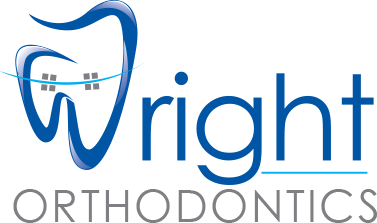

 Braces create many pockets for harmful plaque buildup. Even though patients visit with
Braces create many pockets for harmful plaque buildup. Even though patients visit with  If you have
If you have  An
An 